Centre for Bioengineering & Biomedical Technologies

We address the grand challenges in human health and wellbeing through transdisciplinary and translatable bioengineering research.
Our research activities span the breadth of the latest thinking in electronic and electrical engineering and sciences.

We address the grand challenges in human health and wellbeing through transdisciplinary and translatable bioengineering research.

Our research ranges from enhanced understanding of climate change to developing mitigation and adaptation suitable for our natural and built environment.
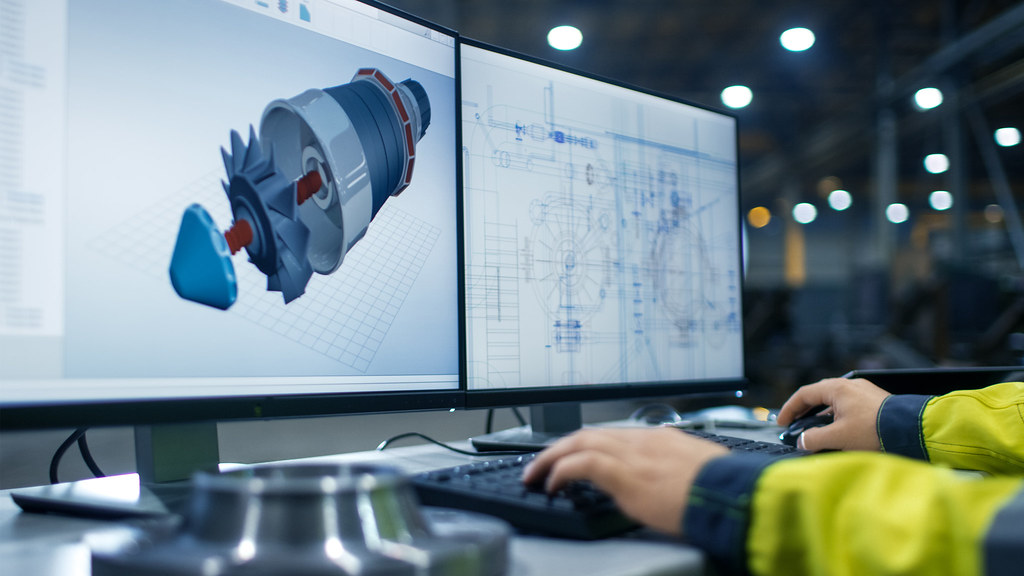
We are providing industry with the technologies, materials, tools and skills to achieve a truly sustainable manufacturing sector.
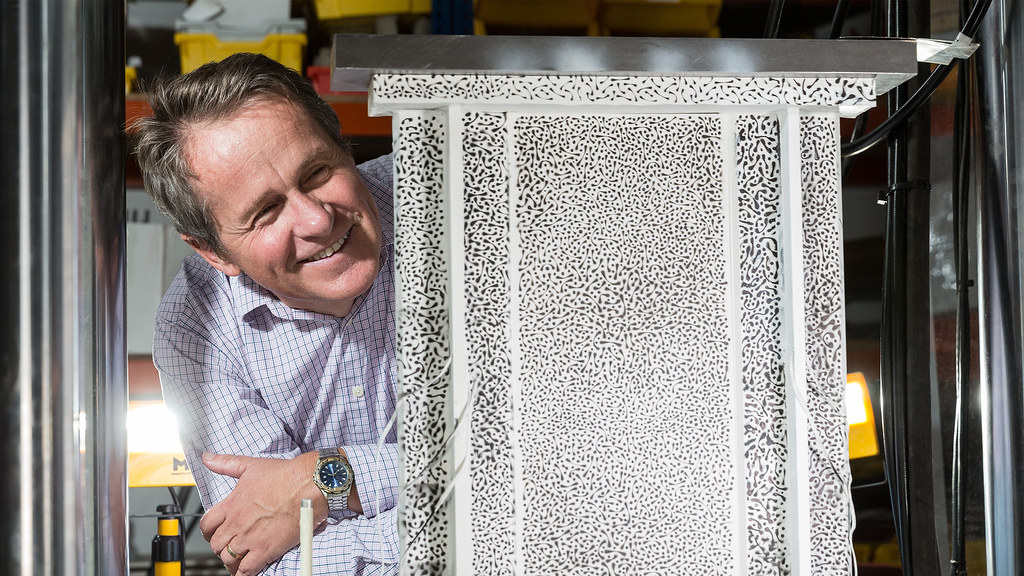
We are developing the novel materials, innovative structures and sustainable processes needed to solve major environmental, societal and technical challenges.
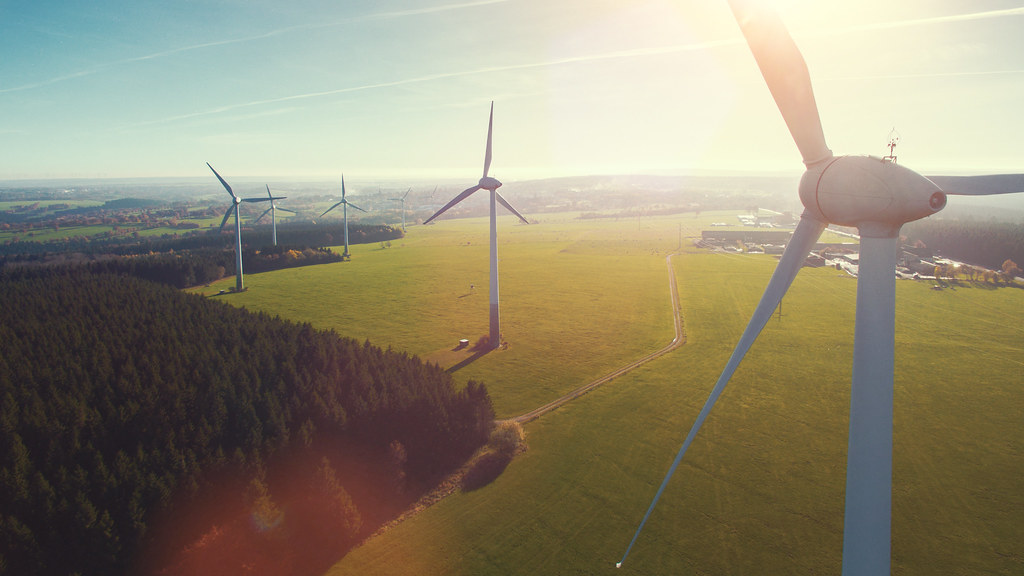
We are connecting, enhancing and expanding research in energy networks, bio-based energy, offshore renewables, life-cycle assessments and more.

We offer global research leadership in regenerative design and engineering, co-evolving solutions with societal, cultural, ecological, and economic co-benefits.
We have expertise in a range of research areas, falling under the broad themes of health, digital, and sustainability, and spanning our research centres.

Biosensors and bioelectronics

Electrical power and energy

Electrical power conversion
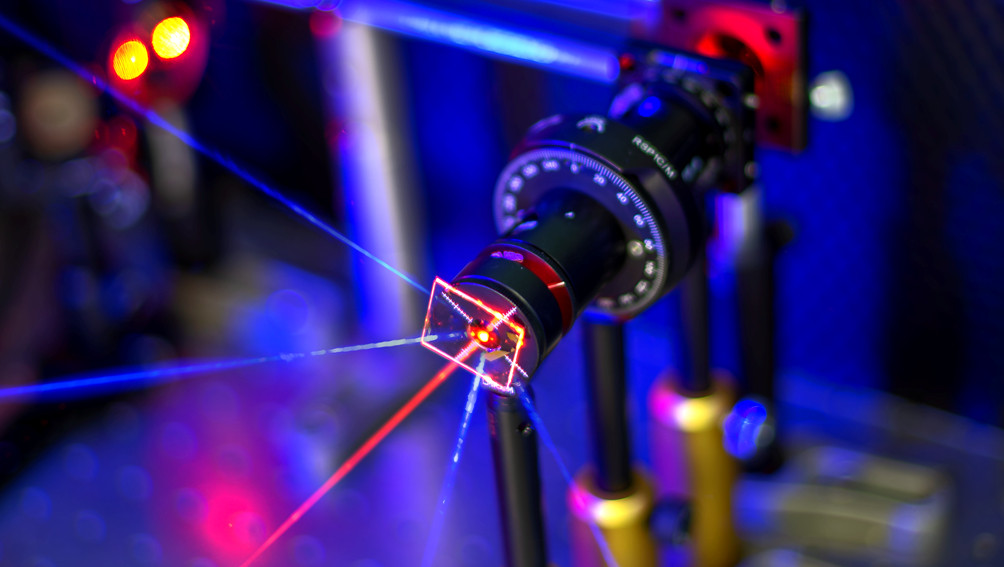
Nanomaterials and nanoprocessing

Robotics, sensing and AI

Space, telecommunications and atmospheric research
From improving the accuracy of GPS to digitalising our electricity network, find out about the impact our research is having.

Our methodologies can predict energy usage profiles and peak demand by monitoring only ~ 0.01% of the substations in an electricity distribution network.

Through space-based communication research we’ve influenced public policy and security. Our algorithms help keep GPS systems functioning and accurate.
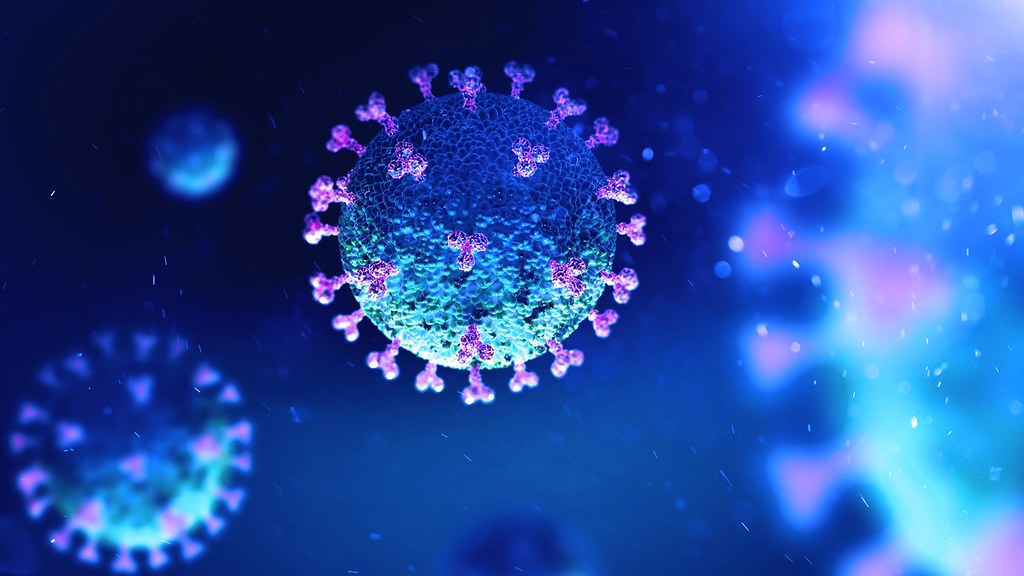
Our researchers are developing unique lab-on-chip technology for faster and more accurate detection and diagnosis of COVID-19.
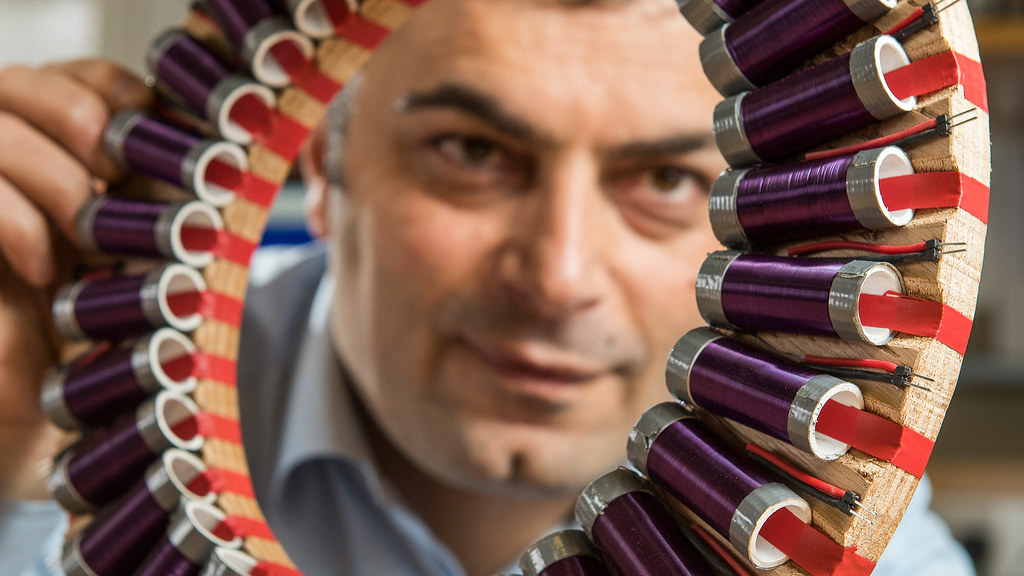
The oil industry can use imaging to detect different components within multiphase flows. Our research in this area led to the founding of two startup companies.

Dr Neil Hindley has been awarded funding for a five-year Independent Research Fellowship that could lead to more accurate whole-atmosphere models.
We have a range of facilities available for students, researchers and companies to use.
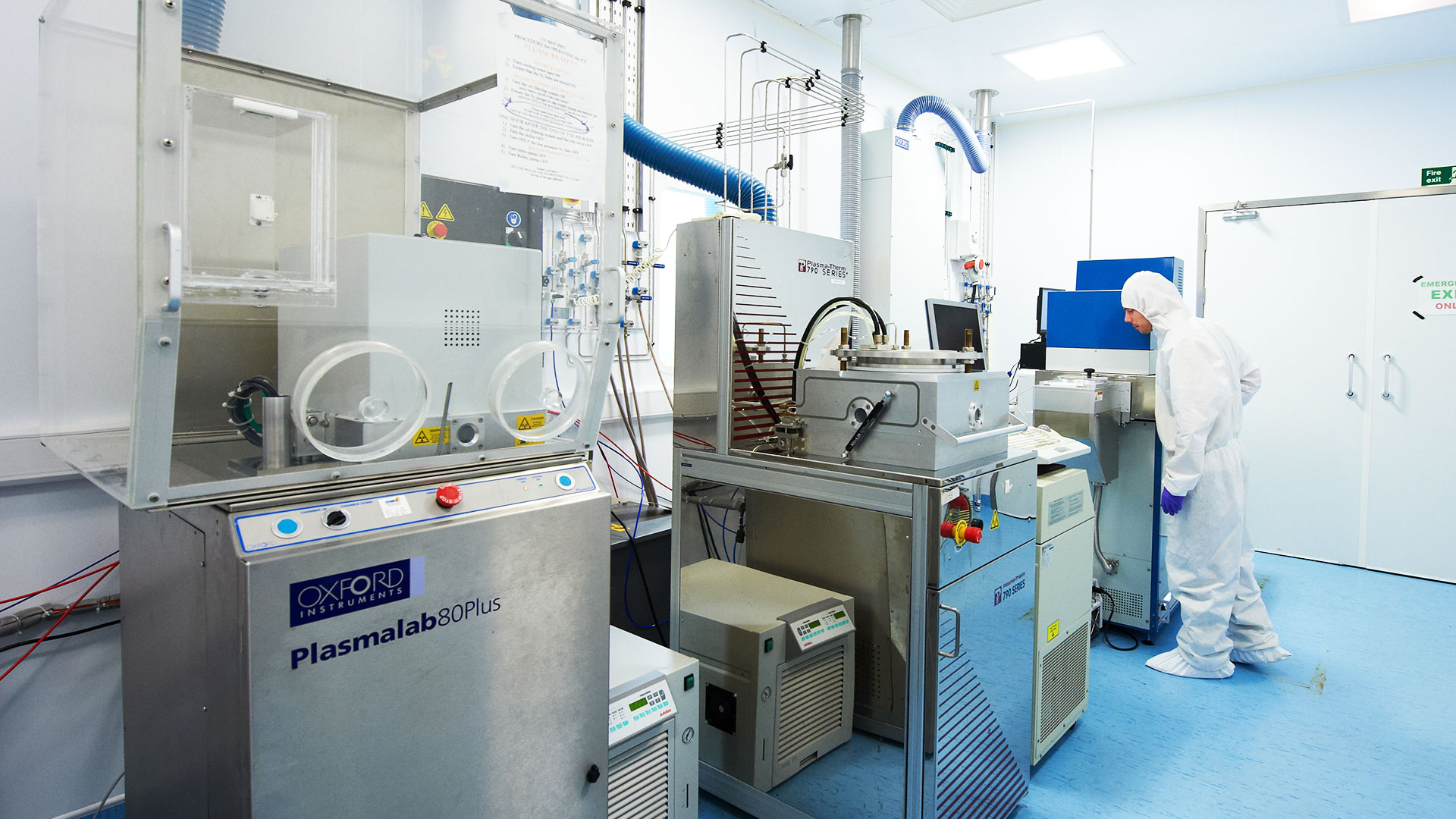
We provide access and training on specialist equipment for micro-scale and nano-scale fabrication for University of Bath researchers and external organisations.
Whether you are starting your research career or looking for a change, we may have the right opportunity for you.

We'll help you prepare your application for external funding opportunities and host your fellowship at Bath.

Find out about the latest funded and self-funded PhD project and studentship opportunities in our Department and Doctoral Training Centres.
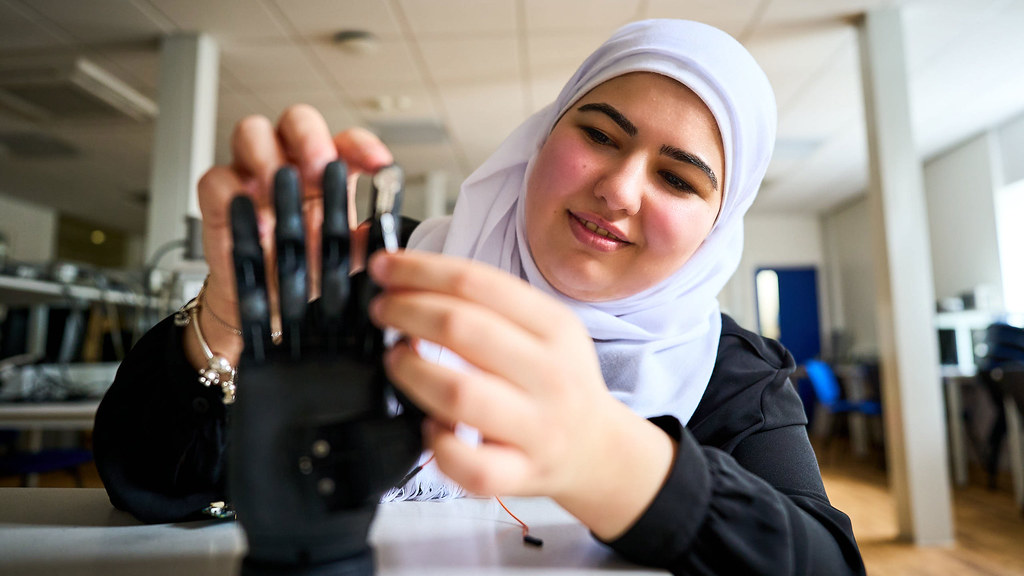
For her postgraduate research degree, Leen Jabban, is researching sensory feedback for hand and arm prosthetics using non-invasive techniques.